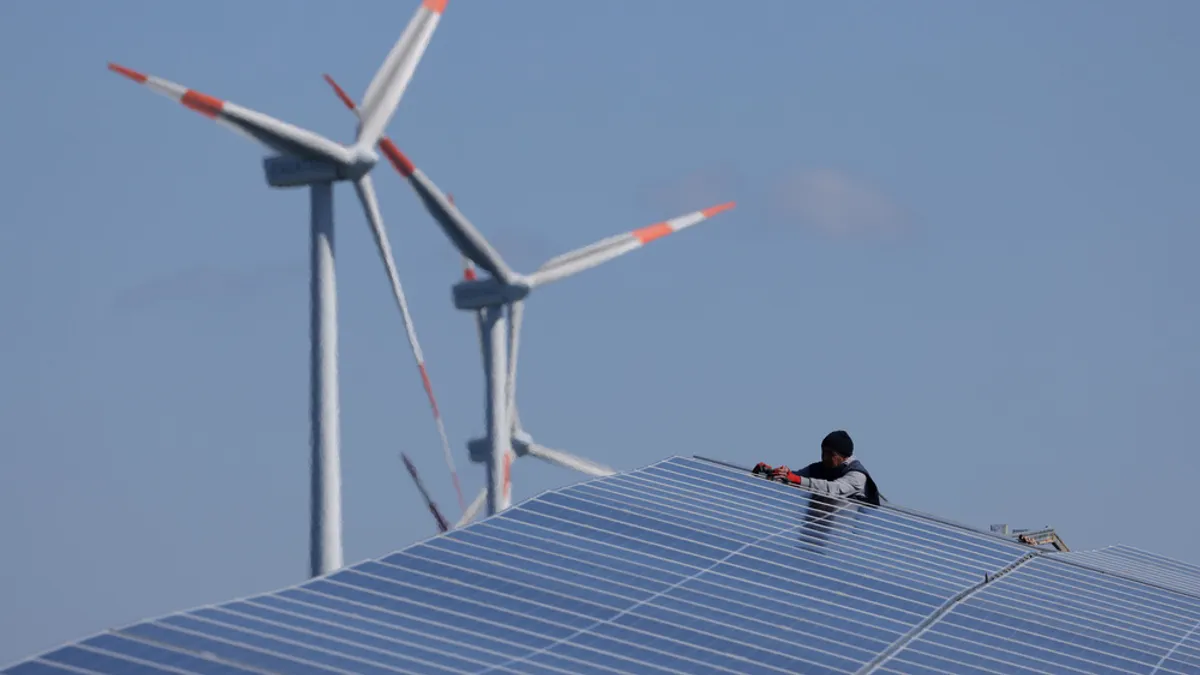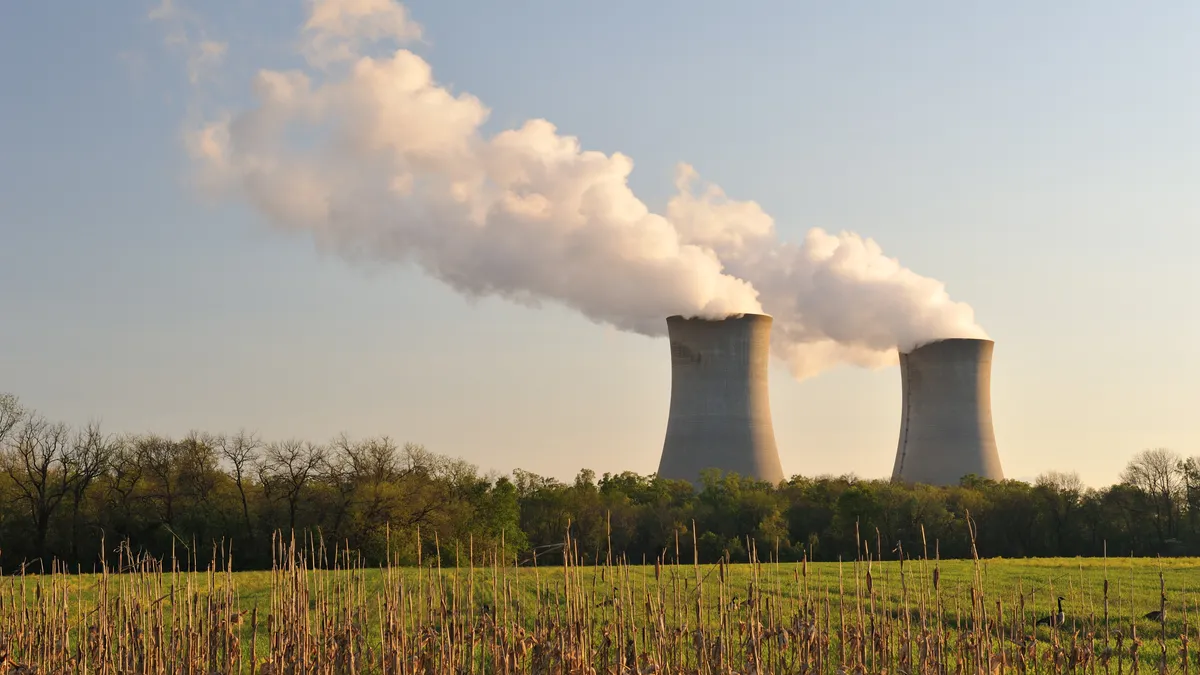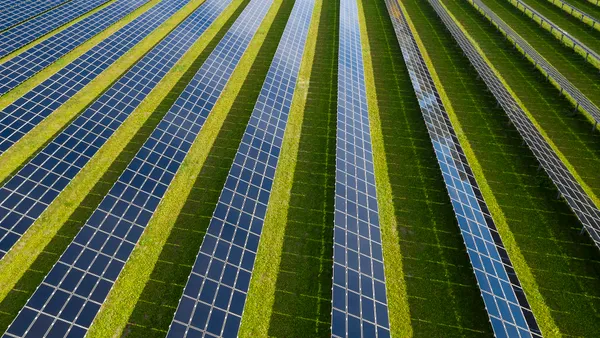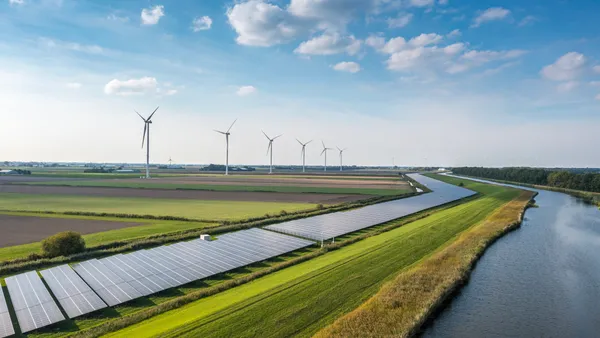Dive Brief:
- Eversource Energy reported second quarter earnings of $207 million, or 65 cents per share, compared with $127 million in the same period a year ago.
- The company's distribution and generation segment earned $121.6 million in the second quarter, about 45% higher than in 2014, on the strength of higher distribution revenues and lower operations and maintenance expenses.
- Eversource officials said that in addition to stronger earnings, the utilities are working to solve reliability issues in the Northeast caused by extreme weather in recent years.
Dive Insight:
Eversource – rebranded earlier this year from its former identity as Northeast Utilities – reported strong utility results last week following its first full quarter operating under the new name. The company's distribution and generation segment earned $121.6 million in the second quarter of 2015, compared with $83.4 million in the same quarter last year.
“We had an excellent first half of 2015 with financial performance consistent with our targeted 6-to-8
percent long-term earnings growth rate and our 2015 projected earnings of $2.75 to $2.90 per share,” Eversource Chairman, President and CEO Thomas May said in a statement.
May also said the company continues to “improve the service we deliver to our 3.6 million customers and are making solid progress in providing long-term solutions to the severe energy issues that have gripped New England over the past few winters.”
Eversource’s transmission segment earned $80.4 million in the second quarter of 2015, compared with
$43.9 million a year ago. The difference reflects a second quarter 2014 charge and an increased level of investment in the company transmission system. Last year the company was dealing with an after-tax charge of $32 million related to FERC orders related to New England transmission return on equity.
Earlier this year the company announced a plan to sell all of its power plants in New Hampshire, in a move the company believes will save consumers at least $300 million. The sale would help customers avoid paying for operation of the plants, and potentially costly investments to meet environmental standards.
New Hampshire Gov. Maggie Hassan signed legislation last month allowing the deal to move ahead.













